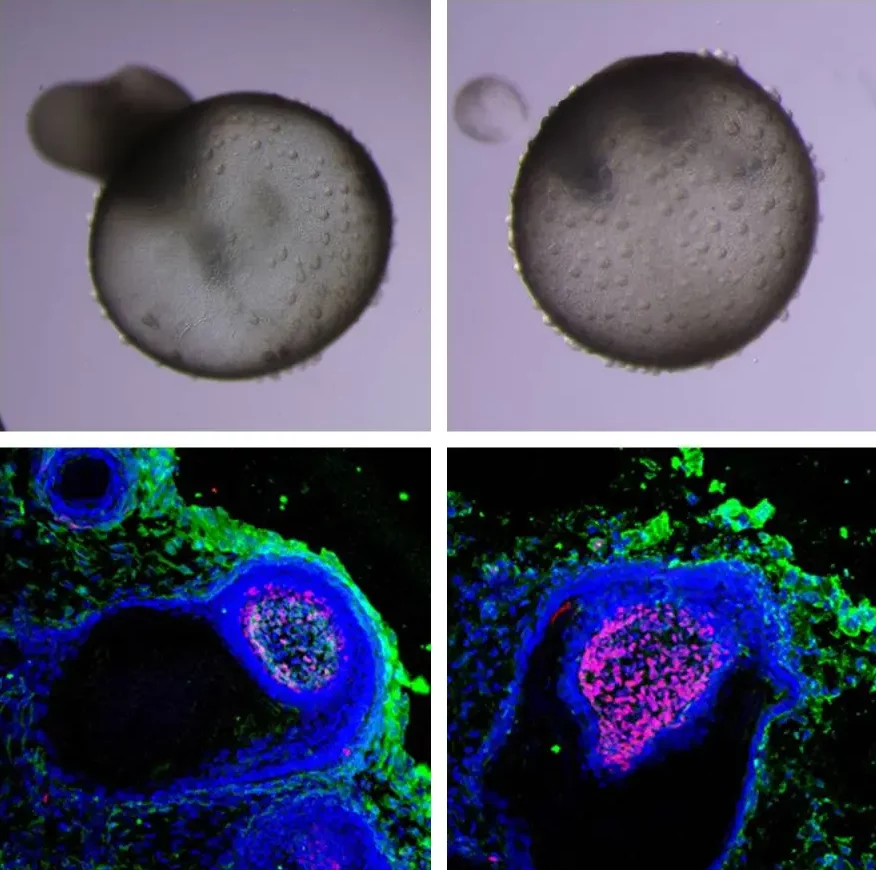Researchers at ChristianaCare’s Gene Editing Institute have used CRISPR technology to disable a key gene, NRF2, in lung cancer cells, restoring their responsiveness to chemotherapy. The study, published in Molecular Therapy Oncology, showed that even editing a fraction of tumor cells was enough to slow tumor growth and enhance drug effectiveness.

image: ScienceDaily
The team focused on lung squamous cell carcinoma, a fast-growing form of non-small cell lung cancer. By targeting a mutation in NRF2 that shields tumors from chemotherapy, CRISPR editing re-sensitized cells to standard drugs like carboplatin and paclitaxel. Animal studies confirmed that tumors treated with this approach grew more slowly and responded better to therapy. Beyond lung cancer, NRF2 overactivity drives resistance in several solid tumors, including liver, esophageal, and head-and-neck cancers. “By targeting a key factor behind drug resistance, we’ve shown that gene editing can make existing therapies effective again,” said Eric Kmiec, Ph.D., senior author of the study.
The method also demonstrated high precision: only 20 – 40% of tumor cells needed editing, and off-target effects were minimal, making this approach practical for clinical use. Researchers delivered CRISPR via lipid nanoparticles, offering an efficient and safe method for potential human treatments. This work highlights a promising strategy to overcome one of cancer therapy’s biggest hurdles – drug resistance – and could pave the way for more effective treatments across multiple cancer types.
Research article: CRISPR unlocks a new way to defeat resistant lung cancer
Lambda Biologics’ Oncology Solutions: Patient-derived cancer organoid-based drug evaluation service
Gastric Cancer Organoid | Breast Cancer Organoid | Hepatocarcinoma Cancer Organoid | Pancreatic Cancer Organoid



